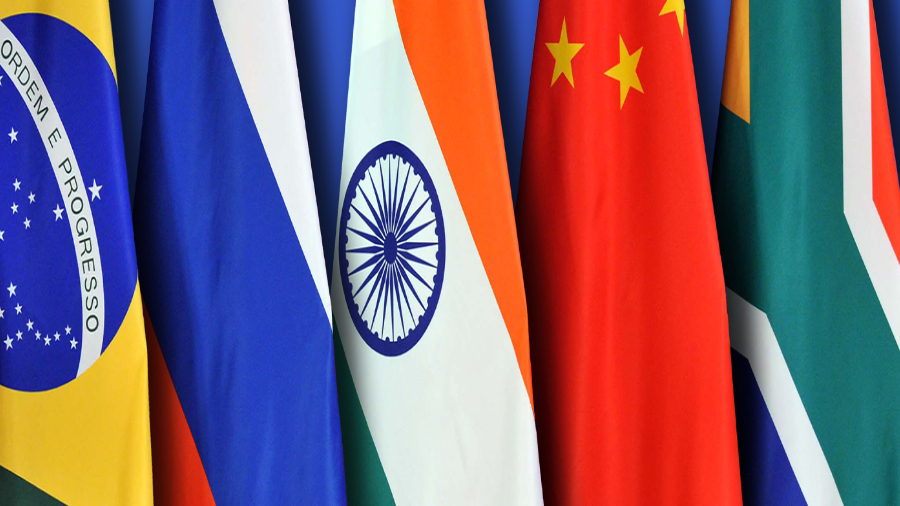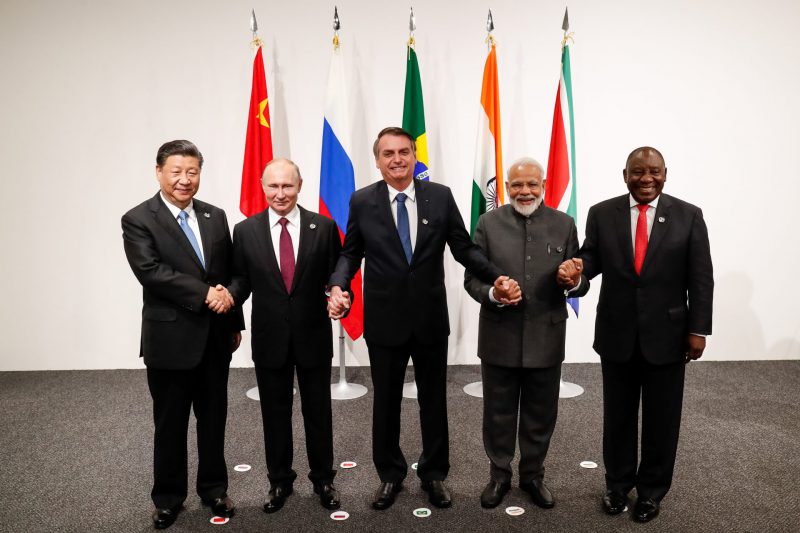The newly extended BRICS alliance is financially stronger to take on the U.S. dollar and the West as a whole. The bloc inducted six new countries during the 15th summit in Johannesburg in August. The six countries to join BRICS are Saudi Arabia, the UAE, Argentina, Egypt, Iran, and Ethiopia. The GDP in purchasing power parity (PPP) of the BRICS members is now more than one-third of the global economy.
Also Read: How Much Oil & Commodity Expanded BRICS Control?
This makes the alliance control a larger share of the world’s economy through exports, including crude oil and natural gas. Therefore, BRICS could sooner or later control the exports of oil to the West and decide whether to accept the U.S. dollar or settle trade in a new or native currency.
BRICS: GDP in Purchasing Power Touches 37.3%


The extended BRICS GDP in purchasing power parity reached 37.3% of the overall global economy in September 2023. That is more than one-third of the world’s economy, and the PPP could rise further in the coming years. In addition, BRICS nations will now span 48.5 million square kilometers, covering 36% of the Earth’s surface.
Also Read: U.S. & Germany React to BRICS Expansion
The alliance consists of 3.6 billion people, which is 45% of the global population. The group also controls 30% of the world’s economy and has the largest share of the oil markets at 42%. Their overall GDP currently stands at $31.75 trillion and is ahead of $5.25 trillion of the U.S. The current GDP of the U.S. is $25.5 trillion as of September 2023.
Also Read: BRICS: What Are the Challenges For Setting Up a New Currency?
Bloomberg estimated that the GDP of the new extended BRICS could reach 50% of the world’s economy by 2050. In conclusion, the coming decades could change the financial order and tilt power from the West to the East. Developing countries could have more say in bilateral ties than developed nations moving forward.





